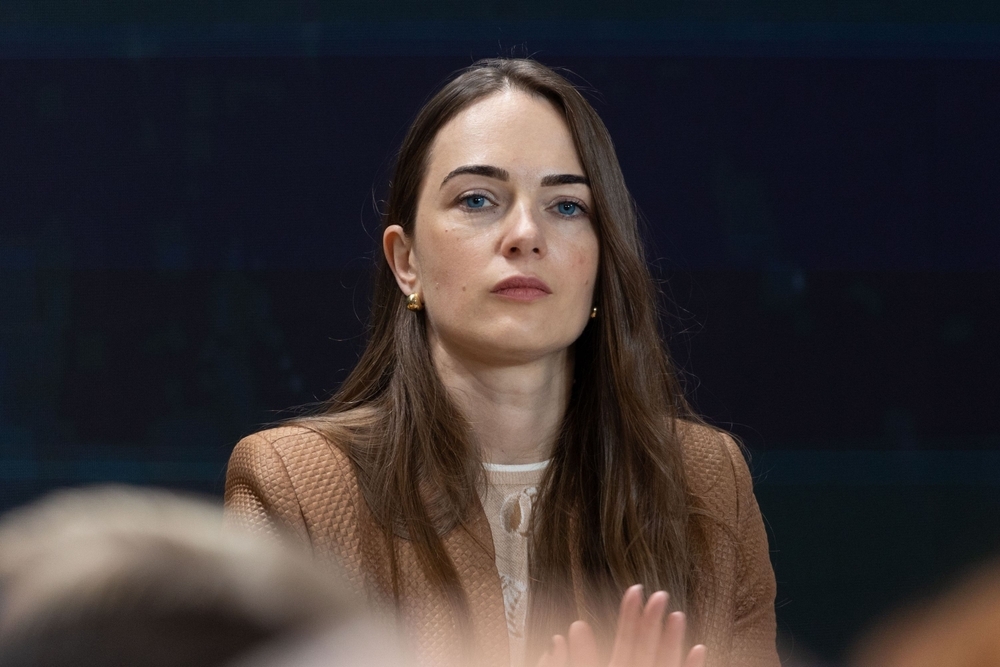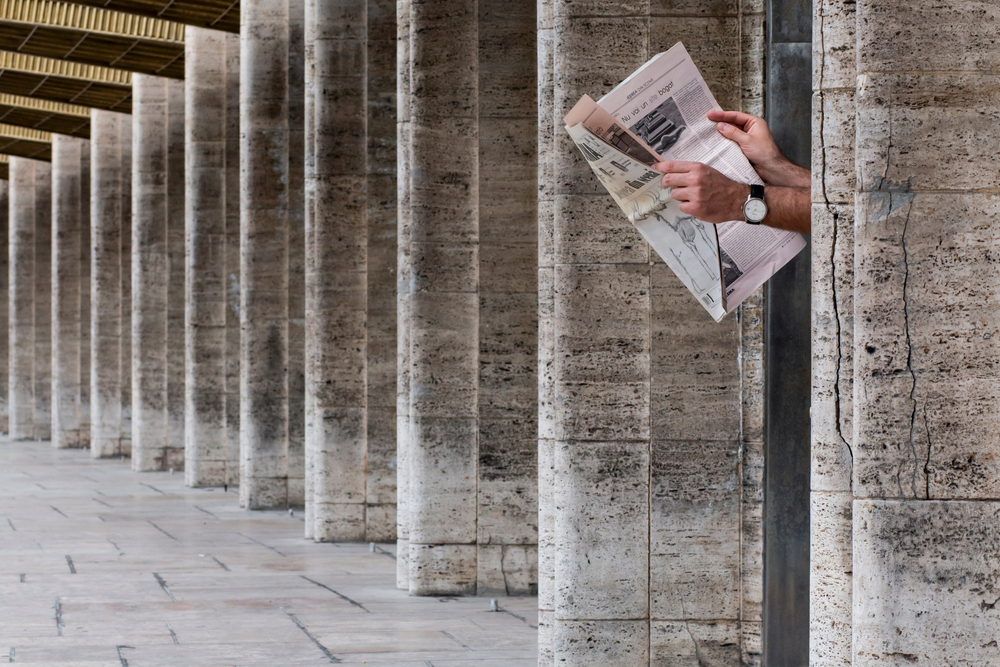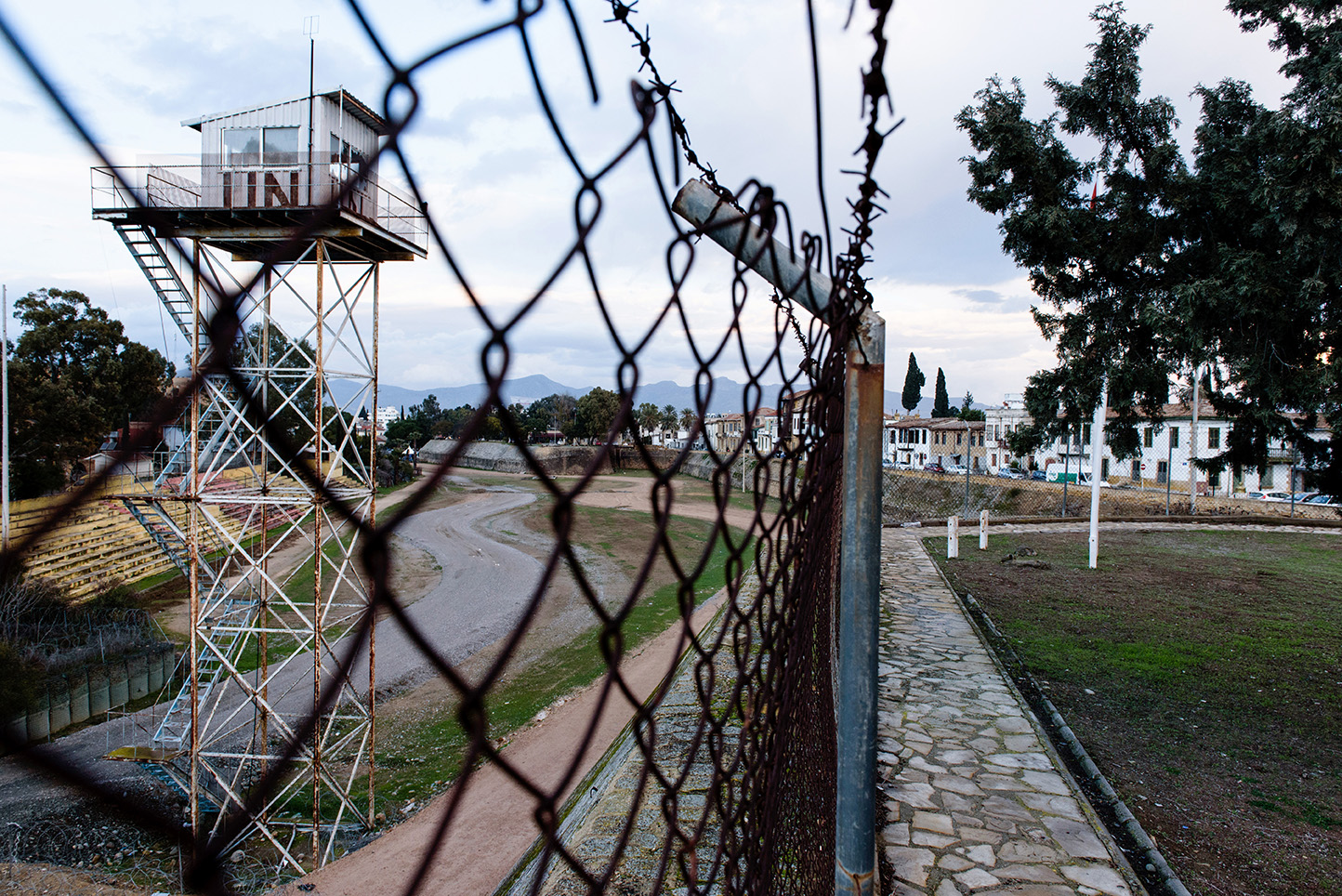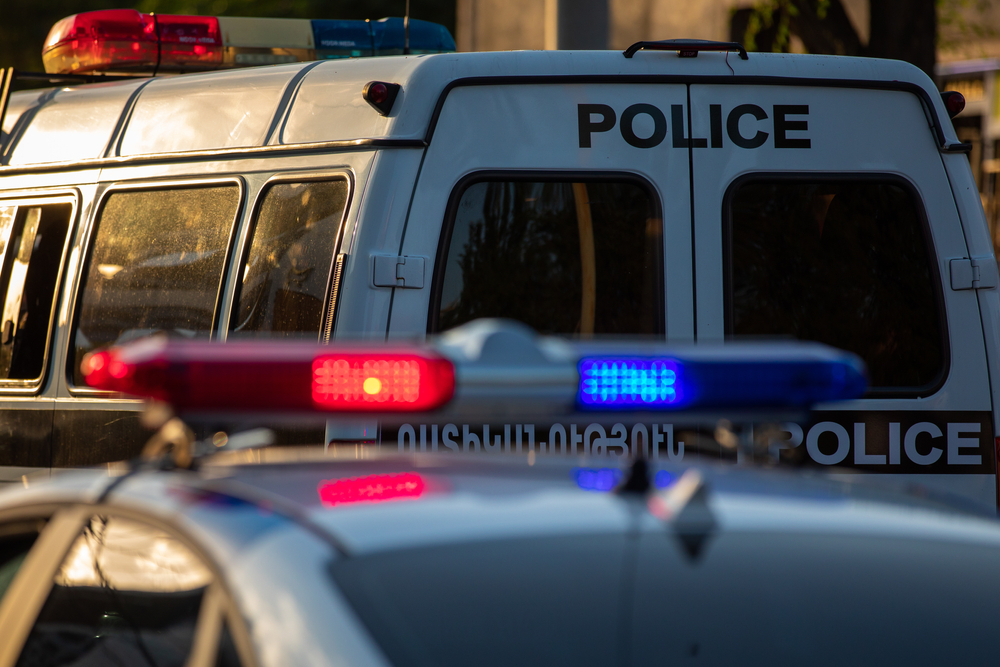Oleksandra Matviichuk: Justice, Resilience and Ukraine’s Human-Centered Recovery
Justice, the role of the EU, life under Russian occupation, and the centrality of people in Ukraine’s reconstruction plans: we spoke with Oleksandra Matviichuk, human rights lawyer and director of the Center for Civil Liberties, an organization awarded the 2022 Nobel Peace Prize

Oleksandra-Matviichuk-giustizia-resilienza-e-ripresa-dell-Ucraina-1
Oleksandra Matviichuk at the Yalta European Strategy (YES) in Kyiv - © Shutterstock
Oleksandra Matviichuk is a Ukrainian human rights lawyer and head of the Center for Civil Liberties, recognized with the 2022 Nobel Peace Prize for her work documenting war crimes and defending democracy during Russia’s invasion of Ukraine. Under her leadership, the organization has played a key role in advocating for justice, supporting political prisoners, and monitoring human rights violations, establishing her as a prominent voice in international efforts to uphold civil liberties in the region.
At the Ukraine Recovery Conference in Rome a few weeks ago, you emphasized the importance of paying due attention to human and cultural aspects, not just military or economic ones, as they are vital for preserving not only national identity but also national security. In your view, what is needed to ensure meaningful recovery and a just, lasting peace?
We are paying the highest price simply for the chance to live and build a country the way we want, because Russia is waging war through a conscious policy of pain and suffering. This is the way Russia is trying to win the war: trying to break people’s resistance through pain and occupy the country. All these three years, despite the enormous burden, even though millions of people are in pain, they continue to resist, everyone in their place.
I had two main messages at the Rome conference. First, the recovery of Ukraine cannot be postponed until after the war because we don’t know when this will happen. Russia deliberately destroys Ukraine’s economic potential, so recovery efforts must start now to ensure survival. Second, when people see devastation in places like Bucha or Mariupol, they often think only of rebuilding civil infrastructure such as housing and roads. But at the heart of recovery must be people.
We must talk about support programs for people returning to destroyed areas, assistance for Ukrainian businesses that have lost assets due to the attacks, and we shouldn’t forget the environment, which has suffered devastating damage. And of course, we must address the needs of those who have survived war crimes – they require material, medical, and psychiatric assistance. Only human-centered recovery can be truly sustainable and that cannot wait.
Why do you argue that we need a Special Tribunal for the Crime of Aggression against Ukraine? Are the existing international institutions insufficient?
There are no existing institutions that can prosecute Putin and the top political leadership and military command of the Russian Federation for the crime of aggression, even the International Criminal Court has no jurisdiction in that case. All the crimes that we document are the result of the decision to start a war, making the establishment of a Special Tribunal for Aggression essential to fill this gap in responsibility. It is very important that a historic agreement was signed between Ukraine and the Council of Europe on June 25, marking the beginning of its establishment.
Why is it important to establish such a Tribunal now?
Because in the 21st century our task is to ensure that justice does not depend on how and when the war ends. This is a revolutionary idea: if we want to prevent wars in the future, we must punish the states and leaders who start wars now.
The Nuremberg and Tokyo Tribunals after World War II were a precedent in a sense, but in fact they were courts of the victors of the war. An unspoken norm was fixed that justice is the privilege of the victors. But justice cannot be a privilege, it is a basic human right.
A lot has changed since the Nuremberg Tribunal, but Ukraine had to make enormous efforts to convince the international community that we should not wait and make justice dependent on the outcome of the war. If there is a crime, and it exists, if there are people who committed this crime, and they exist, then there must be punishment.
Double standards are putting the international legal framework under severe pressure. How do you think this will play out when it comes to securing justice for Ukraine?
In my opinion, we need to stop calling it double standards. We need to talk about the fact that countries in different parts of the world violate international law and depending on their political sympathies, choose one strategy or another.
This does not concern only Western countries. Let us look at how many African and Latin American countries vote at the UN General Assembly on the Russian aggression against Ukraine. Or let us remember that even after the ICC announced an arrest warrant for Putin, the President of South Africa invited him to the BRICS summit. South Africa is a country that filed a complaint with the International Court of Justice about the genocide in Gaza, but at the same time, turns a blind eye to Russia’s aggressive war, declaring neutrality.
Do you think there is something more the European Union could do to stop atrocities?
There is always more to do, but first, we start with words of gratitude for the support Ukraine has received, which was crucial for survival in the first years of this full-scale war.
Many urgent tasks remain. One critical issue is the €300 billion in Russian state assets held by G7 countries, which are currently frozen based on the sanctions regime – an amount far exceeding all aid given to Ukraine so far. It is logical that the aggressor must pay for the damage caused, and that Russia will refuse to pay. These frozen funds could be placed in a special trust fund to support Ukraine’s restoration, compensate victims, and purchase weapons – what our European partners currently lack funds for. Despite this urgent need, nothing has been done to confiscate these assets yet. But there are only two options: these assets will either be transferred for the purposes of Ukraine or will ultimately return to Russia, which will clearly use it to further increase its military spending.
What does it mean to live in the occupied territories? A large part of the Western public opinion does not seem to have a clear idea of it.
You are right, people don’t understand what occupation is, and they don’t want to delve into it, even though there is a huge amount of information. There are regular UN reports, to start with. They might look dry, bureaucratic, but in fact they let you immediately understand that occupation is not just changing one flag for another. Occupation is forced disappearances, rape, illegal imprisonment, erasure of your identity, forced adoption of your children, filtration camps and mass graves.
Occupation does not reduce human suffering, it simply makes it invisible, because people have no way to protect themselves. And occupation is war all the same under international humanitarian law, just in a different form.
For eleven years we have been documenting the crimes committed by Russia in the occupied territory of Ukraine. I can illustrate the essence of the occupation with one specific example. This is the story of the children’s writer Volodymyr Vakulenko. He wrote wonderful works for Ukrainian children, and a whole generation grew up on his "Daddy’s Book". During the Russian occupation, he disappeared. I know his family. The family believed until the end that he, like thousands of other Ukrainian civilians, was being illegally held in Russian captivity. But when the Ukrainian army drove the Russians out of the Kharkiv region, we found mass graves in the forest near the city of Izyum. And these were graves where there were hundreds of bodies of men, women, and children. Some of them had their hands tied behind their backs. And in grave No. 319 there was the body belonging to Vakulenko. He was tortured and beaten. One can ask, why would the Russians kill a children’s writer? Because they could do it. The essence of the occupation is that the Russians can do whatever they want to a person, just because they can.
What can you say about the Ukrainians who, in the temporarily occupied territories, “collaborate” with the Russian forces?
This is a very difficult question to answer simply. On the one hand, Ukrainian legislation must draw the red lines. There is a huge difference between living in the occupied territories and even carrying out certain orders of the occupation authorities in order to survive. This must be treated with understanding. For example, people accept the forced imposition of Russian citizenship, because otherwise they would simply risk being deported from their home. On the other hand, people who contribute to the occupation in a way that is defined by the Criminal Code of Ukraine such as crimes, must clearly understand that they will be held responsible.
Changes to the Criminal Code were made back in May 2022, introducing articles on collaborationism. Ukrainian human rights activists criticized these changes for not fully complying with international standards, however.
The practice has developed quite contradictorily. On the one hand, there are people who should be persecuted, but they are not. On the other hand, we see people who, obviously, did not do anything that could be considered strengthening the occupation regime through crimes, but for some reason they ended up under criminal proceedings.
How do you personally stay resilient and motivated in the face of such immense challenges and emotional burdens when documenting atrocities?
I think there are several things that keep me going. First is a sense of responsibility. This is the most documented war in the history of mankind. In our database, which we are conducting together with partners, we have more than eighty-eight thousand episodes of war crimes. These are not just numbers. Behind these numbers are specific human destinies. It is really very important to me that these stories do not remain recorded only in national archives, but become the basis for justice and for returning to people their names, violated rights and restoration of human dignity.
Second, I know that all our efforts are meaningful, even though the challenge we face is enormous. If we do nothing, we will not achieve the future we strive for. Therefore, fighting for this future is always the best strategy.
Francesca Barca (Voxeurop) and Florian Niederndorfer (Der Standard) contributed to this article.
This article was published in the framework of PULSE, a European initiative coordinated by OBCT that supports cross-border journalistic collaborations.










